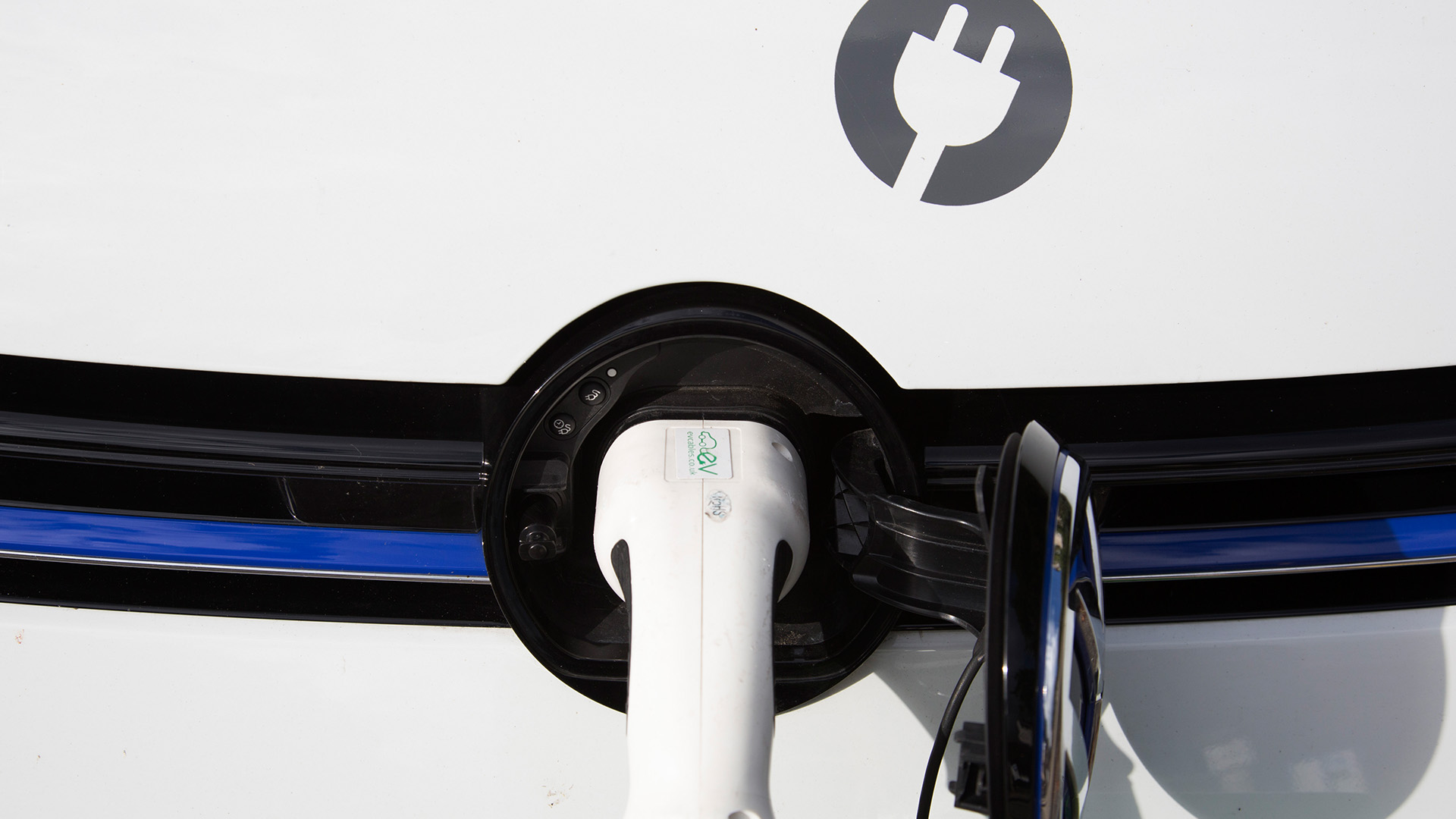

Automakers have long searched for new technology to boost the range of electric cars while keeping costs down. Seemingly countless dollars have been allotted to researching the issue in order for EVs to fulfill their potential, and now, Swiss startup Innolith claims to have come up with such a breakthrough in the form of high-density batteries.
Innolith claims to have achieved far greater energy density with its experimental batteries than current lithium-ion units. Energy density refers to how much electricity can be stored in a given volume. The greater the energy density, the more range automakers can get out of an electric car without having to increase the size of the battery pack.
Supposedly, Innolith’s battery has an energy density of 1,000 watt-hours per kilogram. In comparison, the lithium-ion batteries in a Tesla Model 3 have a density of just 250 wh/kg, noted The Verge. That massive leap in energy density could lead to an equally massive leap in range.
Innolith says its batteries could reach up to 600 miles of range in an electric car. What’s more, the startup expects its batteries to be cheaper to manufacture than current lithium-ion batteries because they use more common materials. The key to all of these positives is a new type of electrolyte (that’s the medium used to conduct electricity within the battery). Current lithium-ion batteries use an organic substance, but Innolith uses an inorganic material. The startup also claims that this material is less flammable than the conventional organic electrolyte.
Innolith plans to start small-scale pilot production at a facility in Germany and will then market the technology to automakers and larger battery manufacturers. Full-scale commercialization is expected to take three to five years, according to The Verge, meaning the batteries won’t hit the market until 2022 at the earliest.
Automakers are ramping up production of electric cars to meet stricter global emissions standards, which has led to an aggressive search for better batteries. Several other companies, including Henrik Fisker’s new startup as well as established automakers like Toyota and Volkswagen, are looking into solid-state batteries. These batteries, which use a solid material for the electrolyte, are also expected to yield much greater energy density than today’s batteries. Fisker has said solid-state batteries will allow the EMotion electric car to achieve up to 400 miles of range.